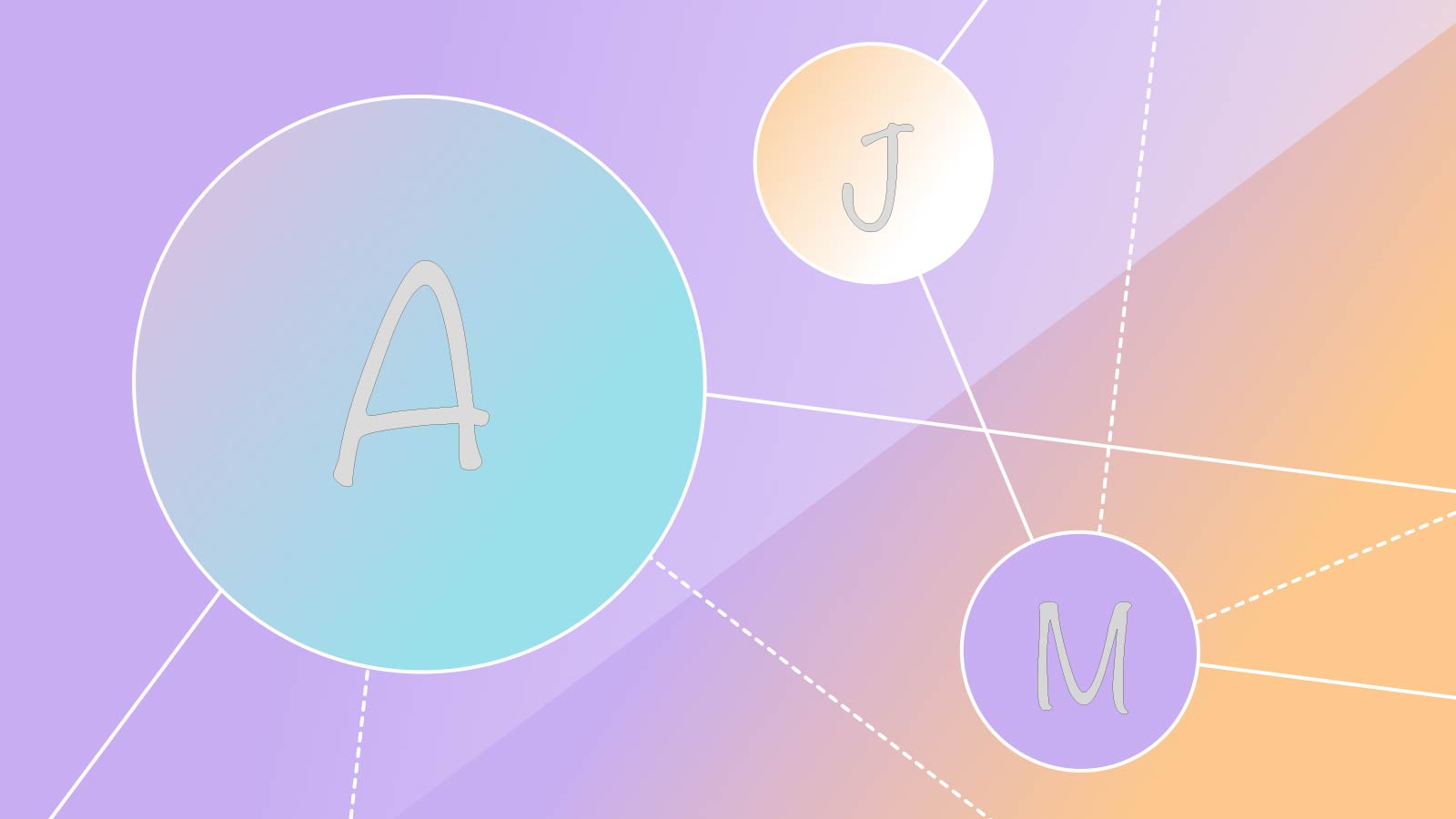
How to Build a Headless CMS using Notion and StepZen
In the first of a two part series, we walk through building a GraphQL API on top of Notion in order to use it as a headless CMS.

In the first of a two part series, we walk through building a GraphQL API on top of Notion in order to use it as a headless CMS.

This blog shows three low-code ways to increase your GraphQL development productivity.

In this tutorial, we build a weather application using StepZen, Vue, and Express. We see how that combines multiple data sources, APIs in our case, to produce a single endpoint that can be queried by a client to get weather data.

In this blog, we walk through a project to build a personal playlist exporter that migrates playlists off of Spotify. It involves setting up the Spotify OAuth flow in Remix and transforming multi-call REST sequences into concise, single-call GraphQL requests.

Learn to convert a REST endpoint into a deployed GraphQL API in one command.

Developing animated layouts for a web app can require a lot of browser reloads to get things right and that can cause quota-expensive queries. In this post we explore using Remix, Framer, and StepZen to develop layout animations without blowing past API quotas.

This blog explores how to build a custom GraphQL API using MongoDB Atlas’ Data API and another REST service. You can get the ease of the built-in GraphQL API with the flexibility of the hand-coded GraphQL API and build a custom MongoDB GraphQL API without having to write and maintain code.

SvelteKit is a new Svelte metaframework for building web applications with filesystem-based routing. It is inspired by Next.js and is well suited for connecting to a GraphQL endpoint built and running on StepZen. In this example we build a blog using SvelteKit, StepZen, and the DEV API.

How best to hook up a GraphQL endpoint to a Remix app, preferably with no external dependencies? That's the question I set out to answer with this project. With a few tricks culled from recent tutorials by GraphQL blogger Jamie Barton, JS live-streamer Jason Lengstorf, and advanced FE YouTuber Jack Herrington, I was surprised to learn how little time and code it takes to make it happen.

Handling event listeners and DOM tracking in a react application. React Hooks take control of state management, and when implemented properly, can empower a product team to analyze features and functionality of a web platform with ease.

To speed app development, the divide between the frontend and the backend must be bridged. Databases providing GraphQL interfaces will bridge a part of the divide. But a middleware that speaks GraphQL on the top and native languages on the bottom will round out the solution.

GraphQL allows frontend developers to interact using their concepts and for the GraphQL layer to mediate with the backend implementations. GraphQL as the frontend API, as well as a few other constructs — interfaces, routing, and declarative specifications — give developers the tools to leverage the powerful backend-for-frontend pattern for decoupling.

See how freelance developer, David Griffin, turned a WordPress blog with Cloudinary assets into a mobile app using StepZen and React Native.

As we look ahead to a joint Agility CMS and StepZen webinar to discuss how you can power up your Jamstack sites with GraphQL APIs and Headless CMS, we are thrilled to welcome Joel Varty to the StepZen blog to share his perspective on page management in Headless CMSs.

Here, we give you an in-depth look at how you can easily use StepZen to connect your MySQL database to a GraphQL API.

This example showcases Next.js ability to statically generate blog post by querying a GraphQL API built with StepZen that returns blog posts from WordPress and images from Cloudinary.

Learn how to use StepZen’s @materializer directive to reduce the amount of code you have to write when you’re connecting your GraphQL API to a MySQL database.

Create a developer portfolio featuring content pulled from your DEV.to blog posts and GitHub profile and projects using Next.js and StepZen.

How to build a React frontend from scratch and query a GraphQL API with Apollo Client

Exploring three popular GraphQL JavaScript client libraries that you can use to connect to a GraphQL API in the browser or in Node.js.

A GraphQL query is just a standard HTTP request, no special libraries needed. Let's look at how to create one in JavaScript and Node.js.